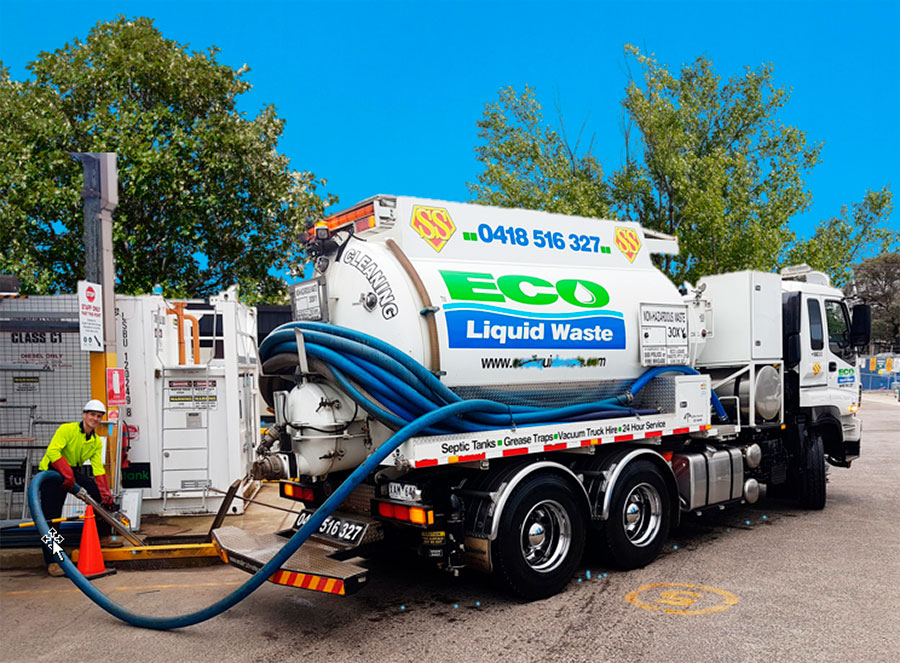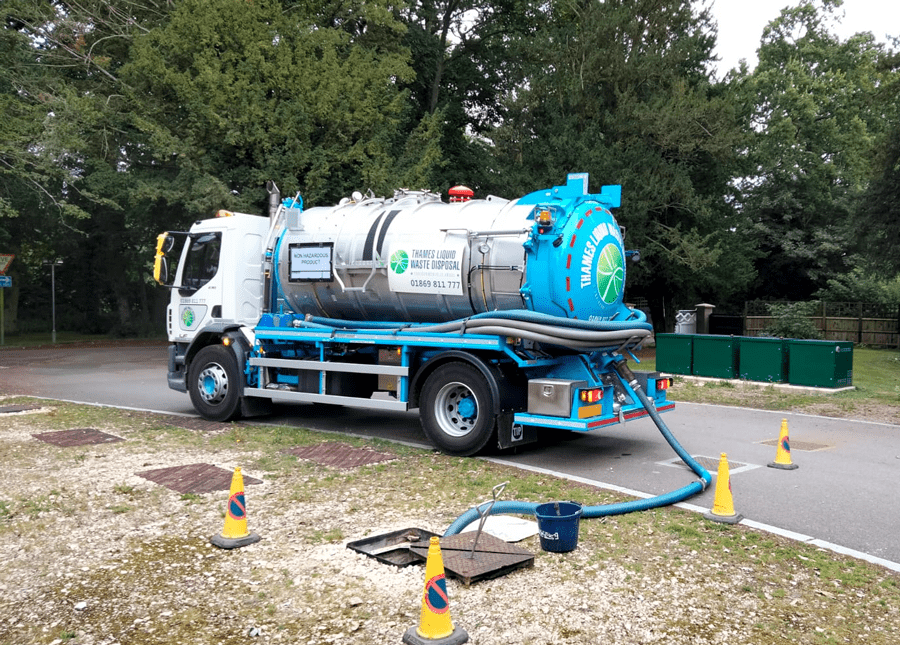Some Known Incorrect Statements About Reclaim Waste
Some Known Incorrect Statements About Reclaim Waste
Blog Article
The 6-Minute Rule for Reclaim Waste
Table of ContentsReclaim Waste Can Be Fun For AnyoneThe Buzz on Reclaim WasteSome Known Details About Reclaim Waste Reclaim Waste Fundamentals ExplainedReclaim Waste Can Be Fun For Anyone
Domestic sewer waste refers to the waste and items from a domestic septic container. The correct monitoring and disposal of domestic sewage waste need liquid waste to be moved to a sewage therapy plant where the correct approaches and tools are used to cleanse and dispose of waste.
Industrial waste usually consists of potential dangers, such as combustible products or a mixture of fluid and strong waste items, and needs a more innovative and comprehensive disposal process. The disposal of business waste normally involves the filtration of waste prior to transportation to ensure secure and proper disposal. Industrial waste is developed from by-products and runoff of commercial processes and production.
This sort of waste can not utilize the exact same sewer monitoring transport or procedures as septic or industrial fluids. The commercial waste administration procedure calls for the examination and screening of fluid waste prior to it undertakes the disposal procedure (liquid waste disposal). Drainage waste is the fluid waste that comes from runoff and excess stormwater in extremely populated locations or cities
Overflow waste can trigger contamination and flooding if not taken care of properly. Making certain correct waste monitoring can avoid catastrophes and minimize ecological injury.
The Best Guide To Reclaim Waste
Contact PROS Providers today to discover our waste administration and disposal services and the correct ways to take care of the fluid waste you generate.
(https://slides.com/reclaimwaste1)Do you recognize what happens to your water when you disengage, flush the bathroom or drain pipes the cleaning device? No? Well, it deserves knowing. This so-called 'wastewater' is not only a vital resource yet, after treatment, will be launched to our land, waterways or the ocean. Made use of water from commodes, showers, bathrooms, cooking area sinks, washings and industrial processes is understood as wastewater.

water used to cool equipment or tidy plant and equipment). Stormwater, a kind of wastewater, is drainage that flows from agricultural and urban locations such as roofings, parks, gardens, roads, courses and rain gutters right into stormwater drains pipes, after rainfall. Stormwater streams neglected straight to neighborhood creeks or rivers, at some point reaching the sea.
Reclaim Waste for Beginners
In Queensland, the majority of wastewater is dealt with at sewage treatment plants. Wastewater is carried from residential or commercial sites via a system of sewage systems and pump terminals, called sewage reticulation, to a sewer treatment plant. Neighborhood governments construct, keep and operate most sewage therapy plants. Operators are licensed under the Environmental Security Act 1994 to release treated wastewater at an appropriate environmental requirement into waterways.
The Department of Natural Resources suggests city governments regarding managing, operating and maintaining sewerage systems and treatment plants. In unsewered locations, city governments might call for owners to mount private or house sewage treatment systems to deal with residential wastewater from toilets, kitchens, shower rooms and laundries. The Division of Natural Resources authorizes making use of household systems when they are shown to be reliable.
The majority of stormwater obtains no treatment. In some brand-new class, therapy of some stormwater to get rid of trash, sand and gravel has started using gross toxin catches. Wastewater treatment happens in four phases: Gets rid of solid matter. Larger solids, such as plastics and other objects incorrectly discharged to drains, are removed when wastewater is travelled through screens.
Wastewater after that streams into large containers where solids work out and are eliminated as sludge. Oil and residue are skimmed from the surface. Utilizes little living microorganisms knows as micro-organisms to damage down and get rid of staying liquified wastes and fine particles. Micro-organisms and wastes are integrated in the sludge. Gets rid of nitrogen and phosphorus nutrients that might cause algal blossoms in our waterways and intimidate aquatic life.
Unknown Facts About Reclaim Waste
Nutrient elimination is not available in all sewer treatment plants since it needs pricey specialized devices. It is becoming extra typical in Queensland. Clear fluid effluent generated after therapy might still have disease-causing micro-organisms. If this effluent is launched right into waterways such as rivers or the sea, the micro-organisms will at some point pass away out.

This normally means wastewater has actually to be dealt with or impurities removed prior to it can be discharged to waterways. A lot of wastewater moves into the sewage system. Under the Act, neighborhood governments administer approvals and permits for eco pertinent activities (ERAs) involving wastewater launches that could have a local impact. The department provides authorizations and licences to Ages involving wastewater releases that may have a local or statewide impact.
7 Simple Techniques For Reclaim Waste
Monitoring supplies factual information regarding water high quality and can validate that permit problems are being satisfied. The information obtained with monitoring provides the basis for making water high quality choices.
Report this page